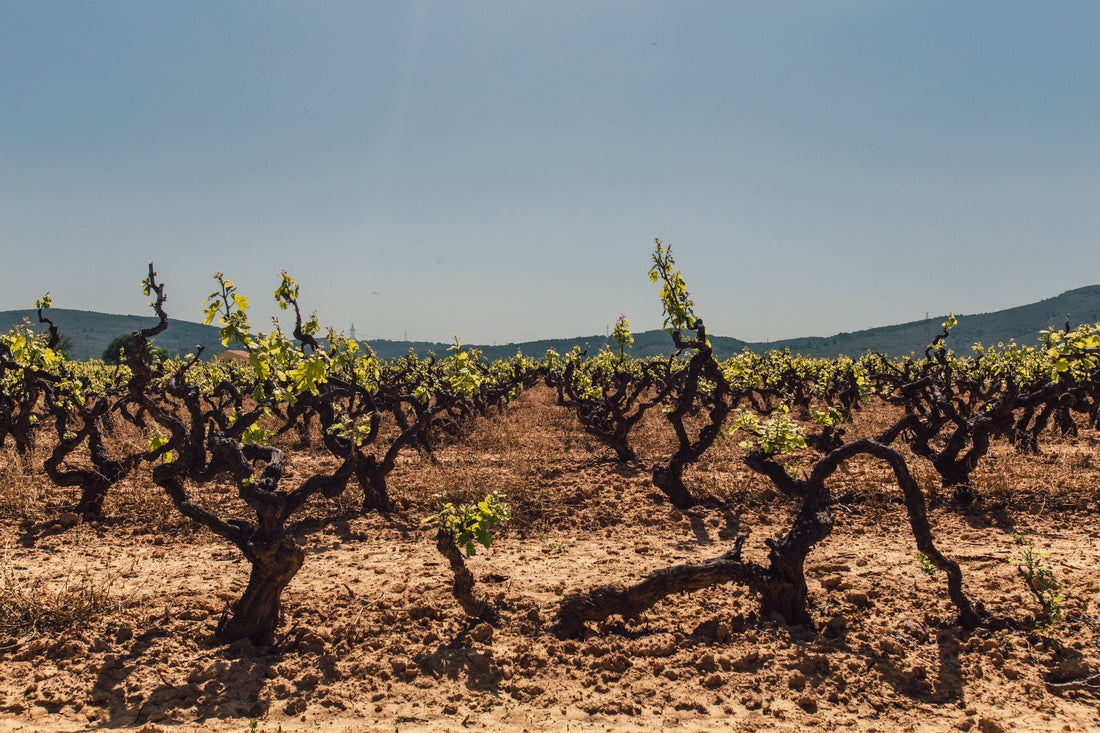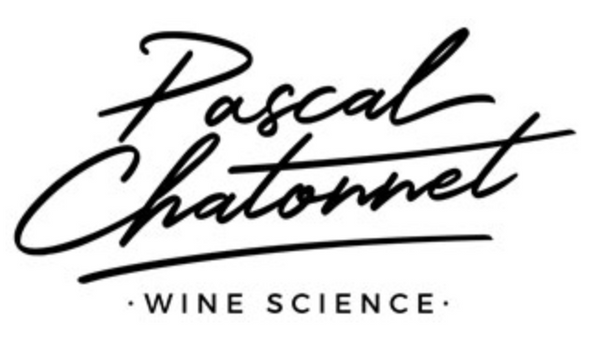
The rationality of Biodynamics?
The re-emergence of the biological and biodynamic trend in agricultural and wine-growing landscapes at the international level reintroduces questions about the articulation of the role of Man and Nature and this is good news. Modern promoters of the biodynamic movement love to point out that their ideas are disturbing. “The disturbing idea” is, implicitly, the one which holds the truth against the agro-chemical capitalist conspiracy hungry for productivism and limitless profits…
Biodynamic agriculture has its origins in a series of eight lectures, known as the Farmers' Course, given by the occultist and anthroposophist Rudolf Steiner from June 7 to 16, 1924 on the estate of Count Karl von Keyserlingk in Kobierzyce in Silesia , in front of 111 participants close to Steiner, a third of whom were linked to agriculture. This Course for Farmers is a response from Rudolf Steiner to the concerns of a group of farmers asking questions about the evolution of agricultural practices at the beginning of the 20th century, in particular with the arrival of chemical fertilizers and the premises of industrial agriculture. Thus, biodynamic agriculture is a practice based on the processes that created the plant rather than on understanding the matter that composes it; biodynamics seeks to be in phase with the system that gives life on Earth. The latter does not possess life, but it receives it through its belonging to a solar and stellar system.
I admit that this definition certainly summarizes the concept but does not yet necessarily shed light on its real ins and outs. To do this, we must first understand what we are doing: anthroposophy. The term “anthroposophy” comes from ancient Greek: ἄνθρωπος (ánthrōpos), “human being”, and σοφία (sophíā), “wisdom”, literally “human wisdom”
Anthroposophy is an esoteric movement created by Rudolf Steiner at the beginning of the 20th century. There are elements borrowed from Buddhism, Hinduism and Christianity. From the latter, anthroposophy draws its conception of karma and reincarnation; of Christianity, the idea of Christ as savior of the world. He advocates a new access to the spiritual world for modern human beings. Steiner is described as "a rational and systematic esoteric thinker" who drew freely from prominent philosophical traditions (such as German idealism) and revived iconic thinkers of the past and particularly Goethe. He will interpret Goethe by seeing in it the beginnings of a science of living phenomena, then of phenomena of the spirit and it is from these bases that he will develop anthroposophy derived from vitalist philosophy. It is therefore an esoteric movement, of a religious nature, affirming the existence of a spiritual world which is at the base of the material world, which has meditation techniques and rituals.
From a scientific point of view, it presents the characteristics of a pseudoscience: rejection of the notion of refutability, of contemporary science and of materialism which is its epistemological foundation. In fact, Steiner developed the idea according to which, through an exact clairvoyance that he said he possessed, it would be possible for him to access a “science of the spirit”, superior according to him to materialist science.
From now on, biodynamic agriculture would constitute a frank antithesis to the scientific agronomic approach, described as established and self-sufficient knowledge. Others will talk about epistemic tension within agronomic thought…
However, biodynamics claims to be rational! Biodynamics repudiates as obsolete any simply mechanistic representation of the world. It never sheds light on the articulation between the order of meaning that it gives to its actions and the order of causality on which the effectiveness of all human activity continues to be presupposed. Biodynamics is based on an organicist and idealist vision of nature, which is in opposition to reductionism and materialism in science. Biodynamics is a dialectical rationality (J. Rigaud)!
But what dialectic is this? Could this be the dialectic that developed among the Sophists? The one defined by Arthur Schopenhauer in his book The Eristic Dialectic? It is a method of persuasion, to the extent that the arguments are considered for their sole effectiveness (i.e. with the sole aim of persuading). As such, it can appear more like a rhetorical technique. Schopenhauer calls this artifice “the art of always being right.” He establishes a collection (non-exhaustive) of 38 rules, intended to make an interlocutor or an audience believe that one is right, regardless of who holds the formula of truth. This dialectic does not aim at knowledge, nor at the search for truth, but indifferently at cultivating an image of one's character as a scholar or at defending an opinion.
All this leads me to doubt the rationality in question. But more than the rationality of biodynamics and its practitioners, I doubt above all and especially that of its theorists!
But ultimately what does rationality matter? Biodynamic practices which aim to bring man's practices, his mind, his thoughts, his attitudes into phase with the natural world and the farm he manages, have an irrefutable quality: if not perhaps to possess any effectiveness (we will see later that this is far from being the case), they at least do not harm a fly.
On the other hand, who can deny the excesses of productivist agronomy which have damaged numerous natural balances on the planet, attacks which now result in calling into question the viability of the globalized agro-food system? No honest person anyway!
But would it not also be honesty to consider, at least in the field of viticulture and oenology which is my domain, that the simple affirmation of its superiority and its convincing operativeness, the primary characteristic of pure biodynamicists refuting the force of measurement and demonstration by proof, is no different from the principle of “positive affirmation”. An affirmation can work because it has the ability to motivate, to program our minds to work based on a certain idea. It does not matter whether there is a reality behind the conceived idea, the important thing is that the person gives it the nature of reality: the mind does not know the difference between what is real and what is fantastic. This is the explanation of the placebo effect!
In conclusion, if biodynamics looks like a great idea, its first and main fault is certainly to have been imagined by an enlightened person with sometimes dubious morality and to be relayed today simply by believers. Finally, the first enemy of biodynamics is neither agronomic science nor materialistic brains, but perhaps Rudolf Steiner: From my point of view, a beautiful idea does not need to be defended by bad arguments.
